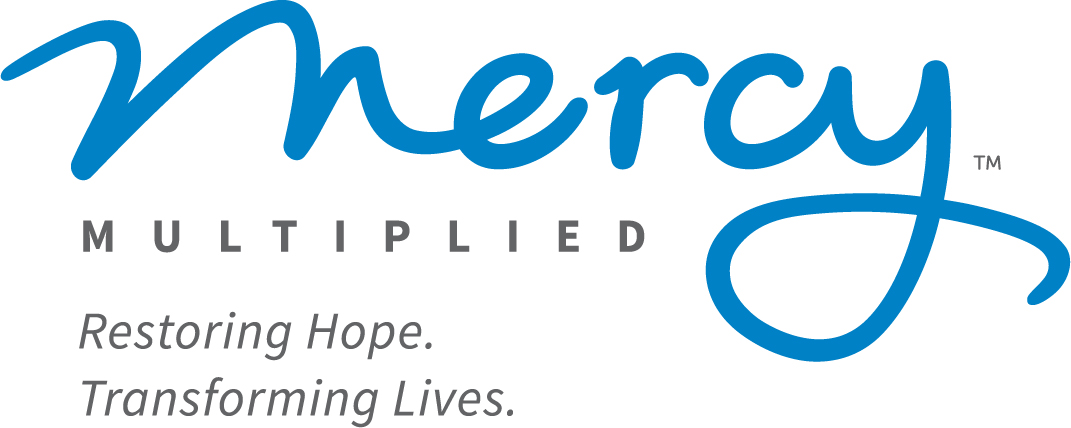When someone cuts themselves, you expect them to bleed. Or if someone falls out of a tree, you don’t expect them to hop up and walk around like nothing happened. We not only expect but also accept that people have physical responses to physical pain.
For some reason, though, we can feel differently when it comes to emotional pain. We can shame ourselves or others for having individual emotional, mental, or even physical responses to emotional wounds. We often do not see these responses as an indicator to address something much deeper.
Pain Responses and Behaviors
These responses can come out as strong emotions like anger or sadness, or they may come out as unwanted thoughts or behaviors. When I have experienced certain undesired feelings, even just feeling sad or lethargic, I have often viewed them as the problem itself instead of an indicator of a deeper issue. I find myself thinking, “What is wrong with me?” Maybe you have asked yourself this same question. Or perhaps you have even asked, “What is wrong with you?” when you see others’ negative responses to emotional pain. What if, instead of asking, “What is wrong with me?” we asked, “What is wrong?”. Because much like our responses to physical pain, these responses are warning us of a deeper injury. Understanding this reality can help to dismantle shame because you can say (whether to yourself or another person), “The way you’re responding to life right now is not an overreaction to what happened to you. It doesn’t make you defective, and it doesn’t make you bad. The fact that you’re struggling with _______ actually makes you completely normal. No one could experience the hurt or pain that you’ve experienced and not be affected by it.” When you dismantle this shame, you become empowered to realize that your pain responses don’t have to be your new way of life. You can address the wounds and address the pain to equip yourself to move forward!
Tree Analogy
At Mercy Multiplied, we use what we call the “tree analogy” to demonstrate the deeper causes behind our negative behaviors, these pain responses.
The Branches
The branches of the tree represent our responses to emotional pain and wounding. They are the easiest to see, and these are our behaviors. It’s how we act or conduct ourselves, especially toward others. It’s the “above-the-ground” parts of who we are and how we behave. And it’s those unhealthy branches that we often look at and ask, “What is wrong with me?” Things like people-pleasing, overeating, self-harm, insecurity, promiscuity, addiction, comparison, manipulation, emotional instability, eating disorders, depression. These are what we would characterize as branches on the tree.
The Trunk
The trunk of the tree sustains and upholds our behaviors, and it represents our belief system. Our belief system is something that we have developed throughout our lives, and for this analogy, it is things that we believe about ourselves, about God, other people, and the world around us. Examples could be, “I am unlovable,” “God hates me,” or “No one can be trusted.” It’s probably a given that a healthy belief system will uphold healthy “branches” (or behaviors), and an unhealthy belief system will uphold unhealthy behaviors.
The Roots
The ROOTS of the tree are what ultimately feed both the trunk and the branches. They are the primary cause, source, or origin. The roots in our lives draw their power from the different circumstances in our lives that have affected us. So when we walk through painful experiences like divorce, the loss of a family member, being bullied, a long-term sickness, abuse, or trauma, we will find that roots of abandonment, rejection, unworthiness, shame, fear, and bitterness can easily grow as a result.
It is those roots that then feed our belief system that then determines our behaviors.
As you can see from this tree analogy, it is entirely natural for a painful experience to grow an unhealthy root that then feeds a faulty belief system and results in unwanted responses in our lives. When this happens, it doesn’t mean that there’s something wrong with you; it makes you completely normal. But it does mean that something is wrong. But rather than addressing the behavior as the main issue, we have to address the damaged root as the main issue! Jesus is the only One that can bring healing and transformation at a root level.
So remember: we need to accept the reality that we will often have negative responses to emotional pain and not shame ourselves (or others) for having them. Instead, we can give ourselves grace and allow these responses and behaviors to turn our attention towards going on a journey with the Lord to find and heal the root.
Mercy Multiplied is a free-of-charge residential counseling program that helps young women ages 13-32 break free from life-controlling issues and situations. Apply today or learn more by visiting MercyMultiplied.com.
Want to learn more about how to address the unhealthy roots in your life? Check out our Keys to Freedom discipleship study, as well as this MercyTalk podcast episode “Why Roots Matter.” For daily inspiration, follow us @MercyMultiplied on Facebook, Instagram, and Twitter!

